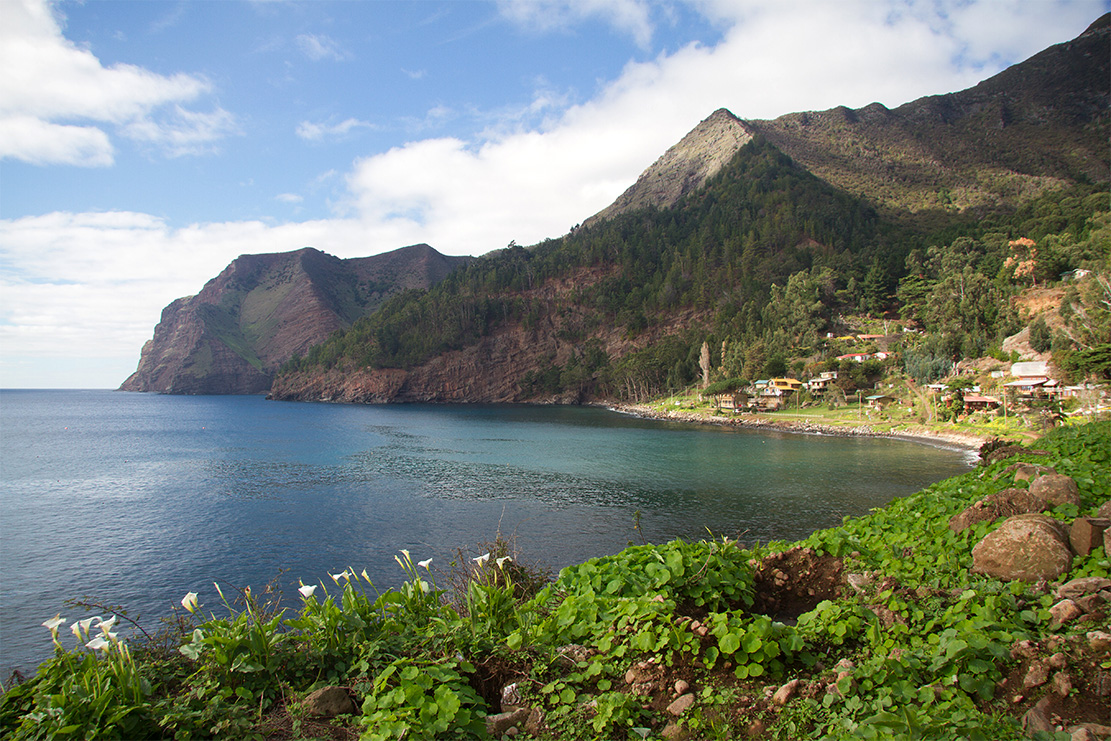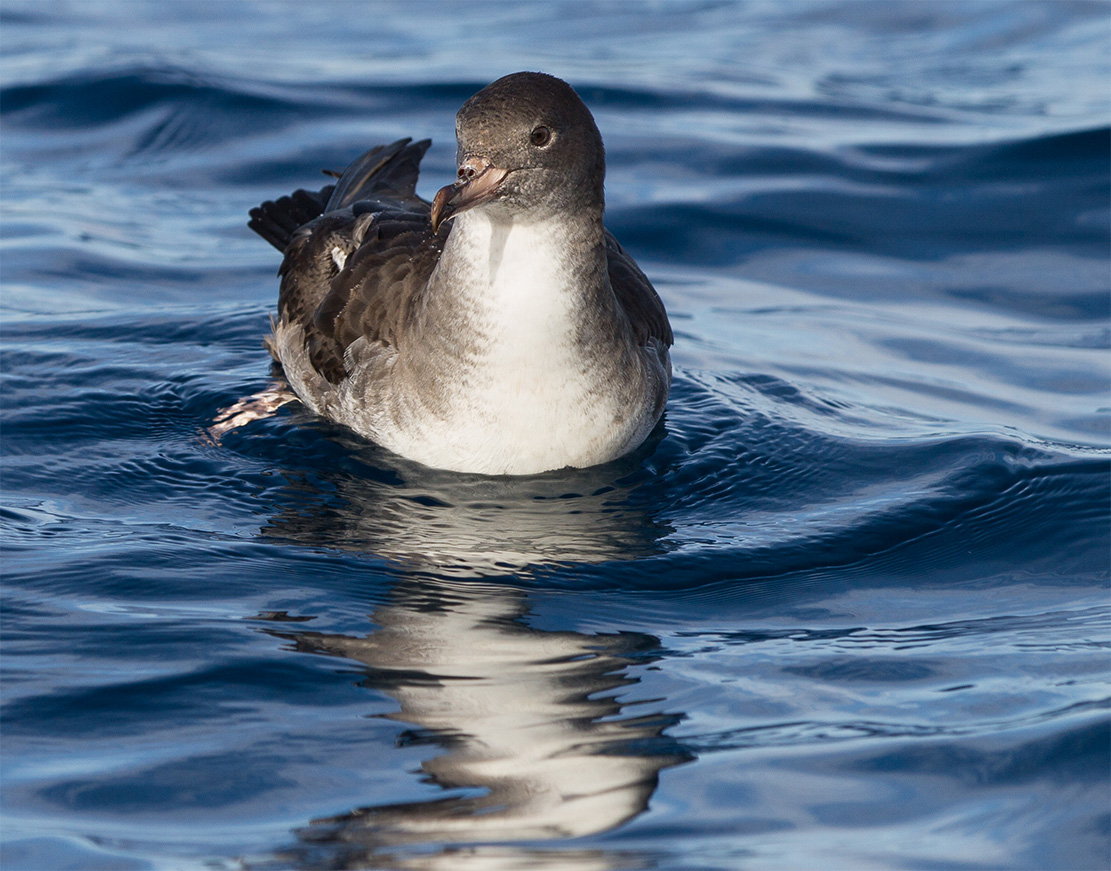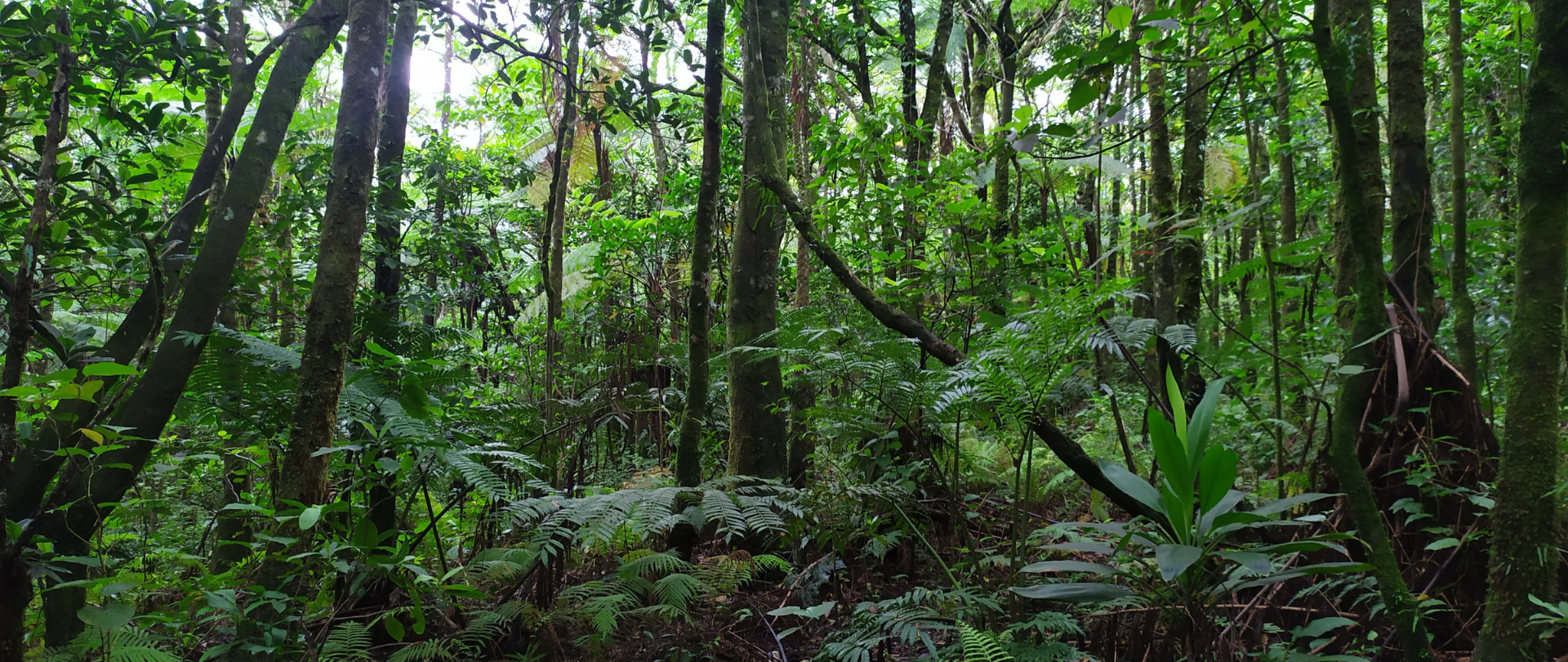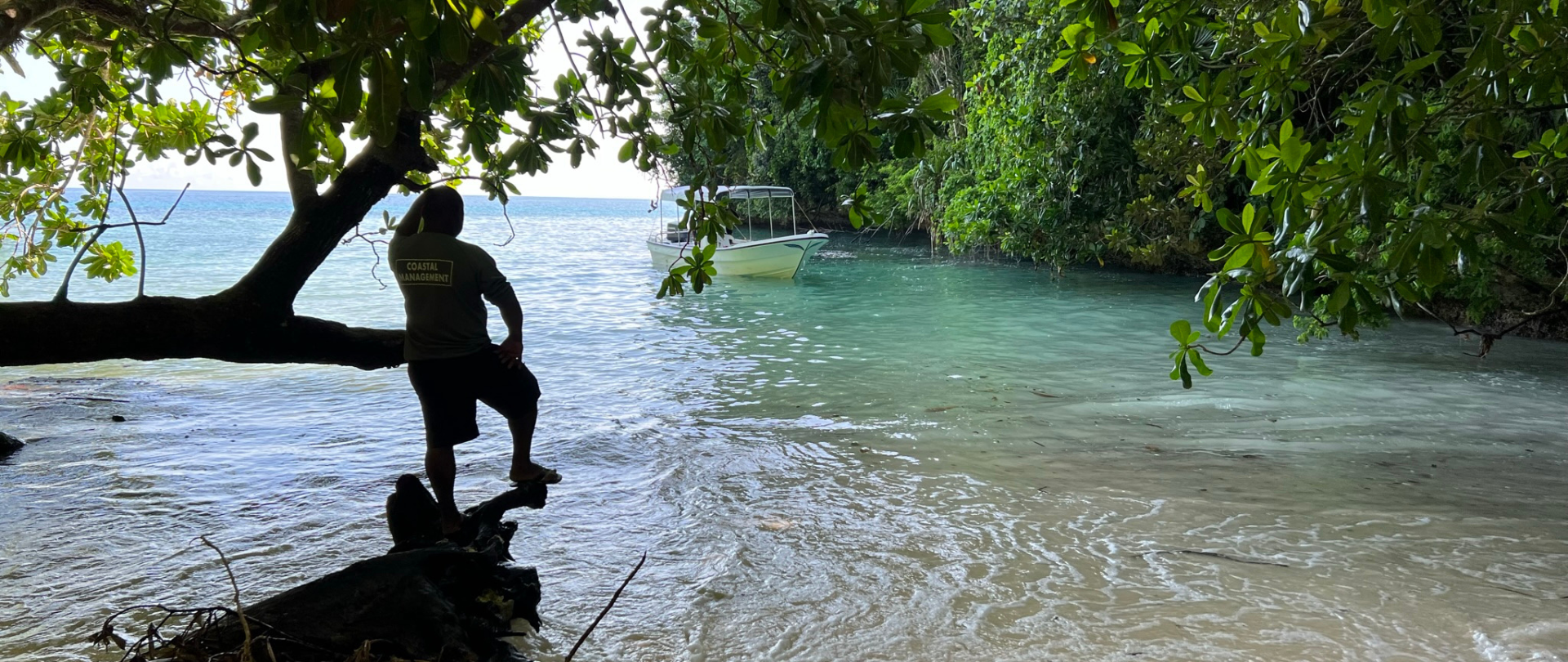October 29, 2025
Data Shows Endangered Palau Ground Doves Swiftly Recovering After Successful Palauan Island Conservation Effort
Astounding evidence of recovery on Ulong Island in Palau after just one year!
Published on
June 24, 2020
Written by
Island Conservation
Photo credit
Island Conservation

Have you ever heard of a coati? What about a Pink-footed Shearwater? Robinson Crusoe Island, 400 miles from the coast of Chile, is one of only three islands in the world where the Shearwater nests. The raccoon-like coati (full name coatimundi) is native to parts of Central and South America, but after being introduced by humans to Robinson the coati started attacking Pink-footed Shearwaters as they nest. As Maria Jose Vilches (known as Coté) explains, “predation by invasive coati jeopardizes breeding success and could threaten the global population.” The Shearwaters were already on the brink, with invasive goats and rabbits demolishing the vegetation of Robinson Crusoe and rats, mice, and feral cats raiding nests and attacking adult birds.

Island Conservation has been working for years to support the Juan Fernandez Municipality and CONAF (Corporación Nacional Forestal) in creating a comprehensive restoration plan for Robinson Crusoe and other islands in the Juan Fernández Archipelago. The next phase of this partnership will be the world’s first invasive coati removal in September 2020. Speaking for herself and the partnership, Cote says:
We are enthusiastic about the benefits that removing invasive coati will bring to the local avifauna and a hundred other species, including mollusks, insects, and endemic plants. The project will mark the first invasive carnivore eradication in Chile, establishing a precedent for advancing similar projects on other islands and building the capacity within the government to conduct such programs on the mainland.”

The removal of invasive coati from Robinson is vital to securing habitat for the Pink-footed Shearwater and other native animals. Protecting the small seabird also serves as a symbol of hope for the Robinson community, strengthening their long-standing connection to the native ecosystem.
Check out other journal entries we think you might be interested in.

October 29, 2025
Astounding evidence of recovery on Ulong Island in Palau after just one year!

July 31, 2025
Our Seasonal Monitoring Specialist, Cozette Romero, shares her experience on Tofua in Tonga!

May 19, 2025
Read our position paper on The 3rd United Nations Ocean Conference (UNOC 3) to see why we're attending and what we aim to accomplish!

December 4, 2024
Ann Singeo, founder of our partner organization the Ebiil Society, shares her vision for a thriving Palau and a flourishing world of indigenous science!

November 22, 2024
This historic agreement aims to protect the marine and coastal areas of the Southeast Pacific.

November 18, 2024
Our projects to restore key islets in Nukufetau Atoll forecast climate resilience and community benefits in Tuvalu!

October 3, 2024
Island Conservation and partners have published a new paper quantifying ecosystem resilience on restored islands!

September 10, 2024
Climate Week NYC: what is it and why is it important? Read on to find out why Island Conservation is attending this amazing event!

September 5, 2024
With sea levels on the rise, how are the coastlines of islands transforming? Read on to find out how dynamic islands really are!

August 27, 2024
Three Island-Ocean Connection Challenge projects in the Republic of the Marshall Islands bring hope for low-lying coral atolls!